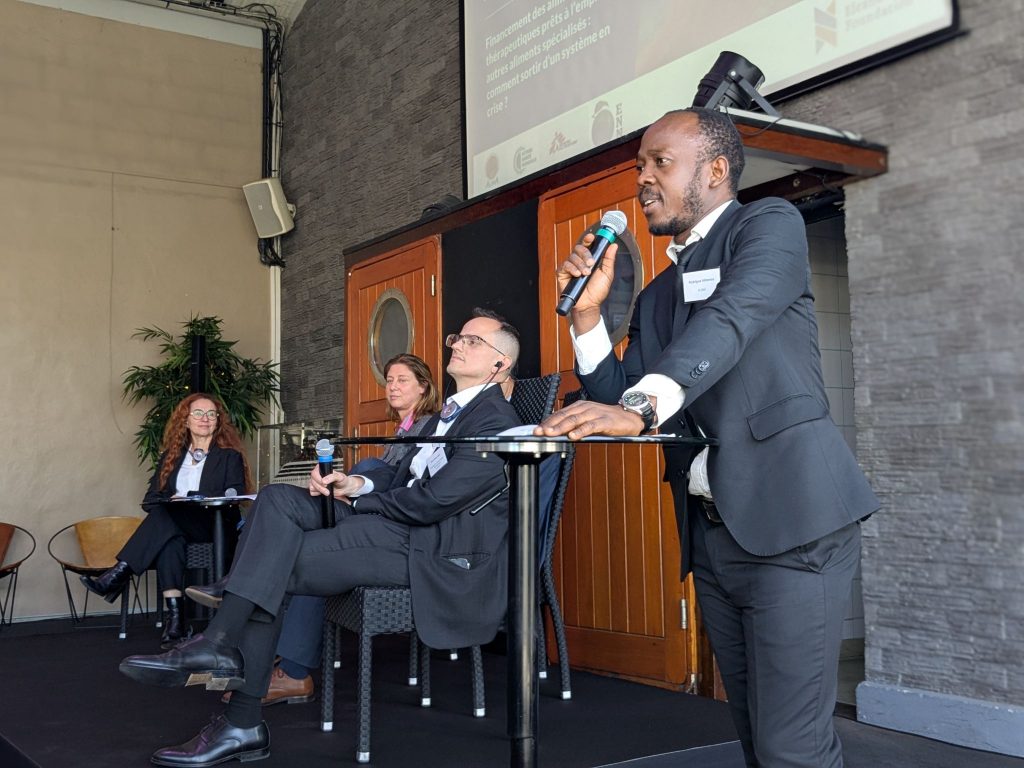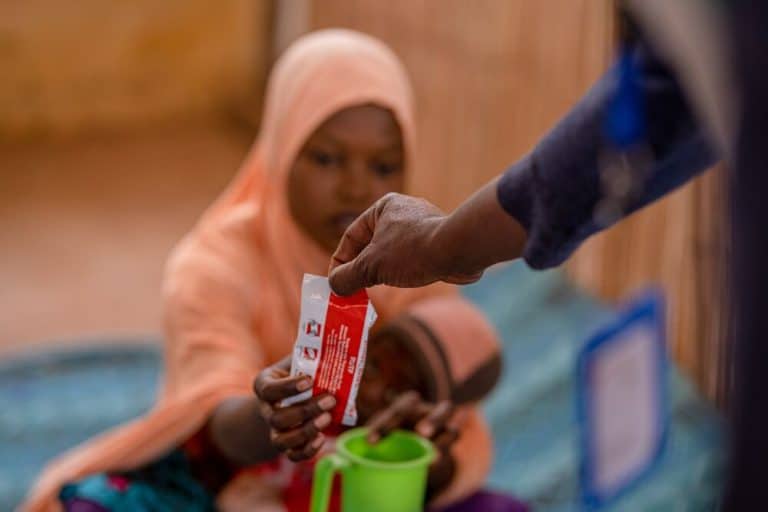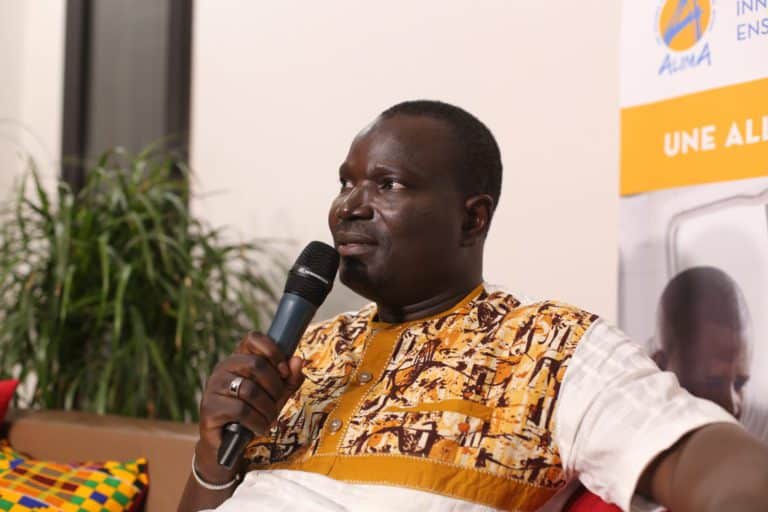Faced with a crisis affecting millions of children worldwide, the international NGO ALIMA is mobilizing its efforts both on the ground, working with the most vulnerable, and within decision-making bodies to promote a sustainable approach to tackling malnutrition.
Alongside a coalition of international organizations, ALIMA brought together technical and financial partners at a side event during the Nutrition for Growth Summit, on March 25 in Paris and online.
ALIMA strongly advocated for:
- Recognizing malnutrition not as a temporary crisis, but an ongoing public health issue.
- Implementing innovative and sustainable financing solutions.
- Adopting treatment strategies better suited to the realities of African contexts.
Malnutrition: A Persistent Crisis Fueled by Insufficient Funding
In 2025, around 19 million children will suffer from severe acute malnutrition. Three million of them will die due to lack of access to treatment; that’s one child every ten seconds.
Yet, a solution exists: Ready-to-Use Therapeutic Food (RUTF). This simple and effective treatment too often experiences shortages on the ground, particularly because of failing supply systems as well as insufficient political and financial commitments.
This alarming reality shows that acute malnutrition management is still reliant on short-term, fragile humanitarian aid, vulnerable to political instability. However, this disease must be addressed as a public health emergency, with sustainable funding that truly meets the scale of the crisis.

“Our teams on the ground work with malnourished children every day. In 2024, we treated nearly 350,000 acutely malnourished children across 13 countries. I can assure you that when we treat them, day after day, and see them get better, we know why we CANNOT give up, why we MUST not give up.”
Dr. Rodrigue ALITANOU, Director of Operations, ALIMA.
Proven and Innovative Solutions to Save Millions of Children
Recognized by the World Health Organization (WHO) as an essential medicine, RUTF is one of the most effective treatments for malnutrition. Developed by two French nutritionists, this fortified paste has already saved millions of lives. However, without a reliable supply and stable financing, its impact remains limited.
In parallel, ALIMA advocates for simplified approaches, such as the OptiMA strategy, which enable earlier detection and treatment of children suffering from acute malnutrition with a single treatment better adapted to the realities on the ground.
A Call for Sustainable Financing
France has a history of pioneering solidarity initiatives, such as the “Chirac tax” on airline tickets and the micro-tax on financial transactions, which have successfully funded international health programs.
Today, as international aid faces severe budget cuts, ALIMA urges France to reignite this spirit of innovative solidarity.
“We call on the government to restore the allocation of the Social Fund for Development (SFD) to international aid and urge parliamentarians to take responsibility by voting to increase the soda tax.“
💡 One cent more per can = €82 million per year = 2 million children saved.
> Read the article published in La Croix on March 25, 2025
Photos : © ALIMA





